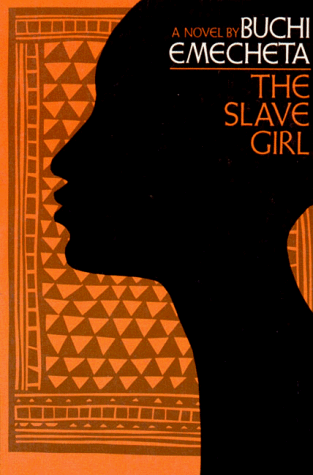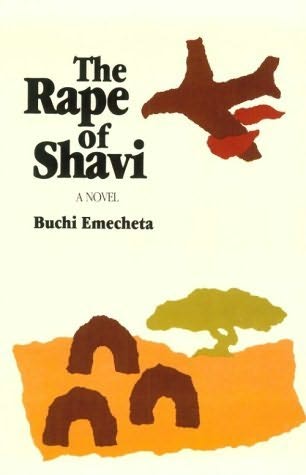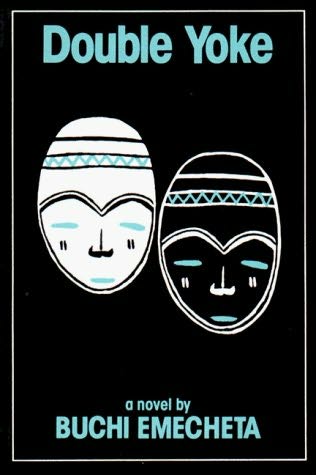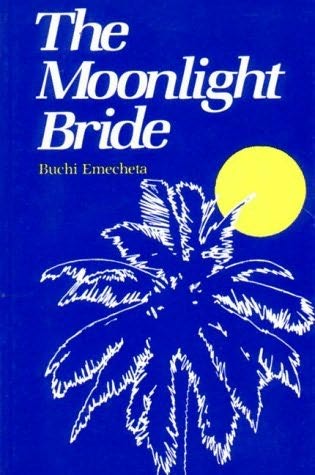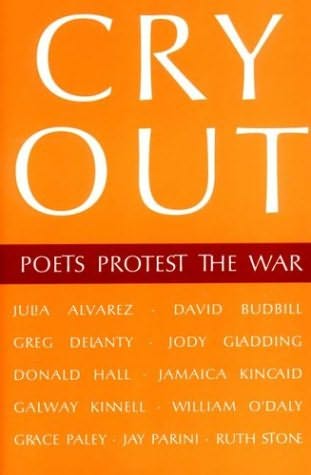
Dear Readers,
This month's Smithsonian offers an unusual look at a very unusual beast: the narwhal. Long thought to have magical powers, the narwhal has been enthusiastically pursued over the centuries, but its peculiar, solitary habits make him nearly impossible to approach. Even today, we know little about this hornèd* sea mammal—we only have evidence that his numbers are dwindling. It seems that, if we want to learn anything about the narwhal, we have to start learning now.
Well, that brings me back to independent publishing. A few odd decades after the Golden Age of Publishing made us fall in love with the magic of independent publishers, we are still just beginning to discover their potential. Unfortunately, those pub houses (old and new) are now struggling to survive the many changes mentioned already on this blog, especially the advent of self-publishing. (Certain self-publishing house profits have grown by 30% in recent years, while indie houses have been forced to shrink their operations by 10% or more.) Small houses are in danger! If we want to know what they can do, we have to start working now—before they're gone!
That's why George Braziller is asking you to get out to the post office and submit your manuscripts this May. We'll get back to you with a thoughtful reply within two weeks, which means you have everything to gain and nothing to lose.
Don't self publish yet. If our house doesn't suit your project, find one that does. It's time to save the small publisher. Ready, go.
Best regards,
Maxwell Heller
Editor
*Actually, it's an enormous tooth, not a horn.
This month's Smithsonian offers an unusual look at a very unusual beast: the narwhal. Long thought to have magical powers, the narwhal has been enthusiastically pursued over the centuries, but its peculiar, solitary habits make him nearly impossible to approach. Even today, we know little about this hornèd* sea mammal—we only have evidence that his numbers are dwindling. It seems that, if we want to learn anything about the narwhal, we have to start learning now.
Well, that brings me back to independent publishing. A few odd decades after the Golden Age of Publishing made us fall in love with the magic of independent publishers, we are still just beginning to discover their potential. Unfortunately, those pub houses (old and new) are now struggling to survive the many changes mentioned already on this blog, especially the advent of self-publishing. (Certain self-publishing house profits have grown by 30% in recent years, while indie houses have been forced to shrink their operations by 10% or more.) Small houses are in danger! If we want to know what they can do, we have to start working now—before they're gone!
That's why George Braziller is asking you to get out to the post office and submit your manuscripts this May. We'll get back to you with a thoughtful reply within two weeks, which means you have everything to gain and nothing to lose.
Don't self publish yet. If our house doesn't suit your project, find one that does. It's time to save the small publisher. Ready, go.
Best regards,
Maxwell Heller
Editor
*Actually, it's an enormous tooth, not a horn.







